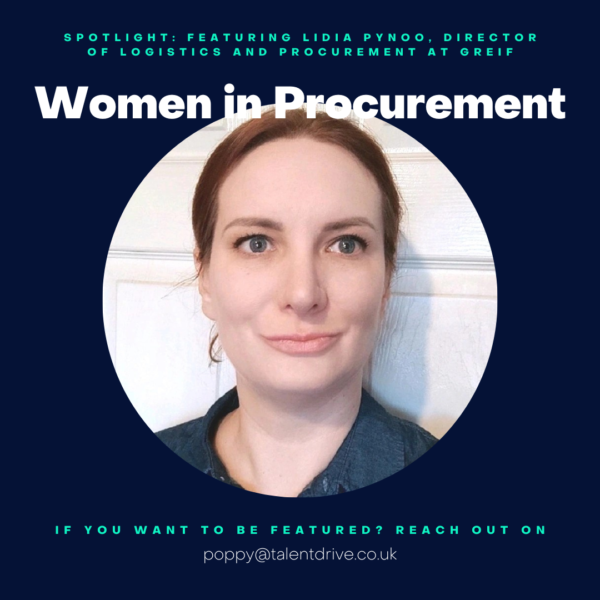“I think the basis of SRM is building a program, and that sounds a bit grandiose, but building a strategy where you’re helping suppliers treat you like you’d like to be treated, and also doing the same to them. So it’s a two-way street.”
The guest for this episode of Talent Talks has one of the most diverse procurement backgrounds we’ve seen yet. Scott Collins has been a Councillor for the London Borough of Hillingdon, as well as delivering procurement work for the Conservative Party and Ladbrokes before founding his own consultancy firm, Hawtrey Dene.
Scott joins Martin Smith for a discussion focused around supplier relationship management, in which we learn how to assess when you should check in with your suppliers, the growing trend for remote and flexible working, and Scott’s three top tips for remaining relevant and successful in the procurement industry.
This episode of Talent Talks covers:
- Adapting to a leadership role
- Good practice in the supplier relationship management process
- The likely increase in remote collaboration, and how to cope with it
- Difference in approach from being a client vs being a consultant
- Determining a suitable frequency of contact with suppliers
Links & References
- Martin Smith, Founder & Director of Talent Drive https://www.linkedin.com/in/martinsmith2009/
- Scott Collins, Founder & CEO of Hawtrey Dene https://www.linkedin.com/in/seamandigby/
- Hawtrey Dene Hawtrey Dene https://www.linkedin.com/company/hawtrey-dene/
Episode Highlights
“I find it very frustrating that people spend a lot of time doing tenders and putting work out, and then from that point on neglect the supplier unless something goes wrong or unless it’s time for a renewal. And I think people miss a trick because when things happen – the pandemic or any kind of disruption – if you don’t have any established way of working with, negotiating with, and contacting your supplier base, it becomes a real uphill struggle.” – Scott Collins
“Even a very loose, very informal process for managing your supplier base in a structured way can mean that there’s a risk to the organization because you don’t get to plan forwardly, you don’t get to learn from them, and you’re just not in touch with them enough.” – Scott Collins
“Large players have got resources, they can move resources onto a particular plan. But those companies that haven’t done it regularly or aren’t experienced – it’s about knowing where to start, and it doesn’t have to be complicated.” – Scott Collins
“I hope that at 11:30 on a Wednesday between calls people are putting the washing on so they can have a great weekend, and that they might be running the hoover around at lunchtime on a Tuesday. That’s fantastic. I never mind that at all.” – Scott Collins
“I think the basis of SRM is building a program, and that sounds a bit grandiose, but building a strategy where you’re helping suppliers treat you like you’d like to be treated, and also doing the same to them. So it’s a two way street.” – Scott Collins
“It’s sometimes nice to have that network of people that you almost treat like they’re your co-directors. And that works – having a sounding board is really vital, because otherwise you’ve got nowhere to turn.” – Scott Collins
“We use loads of data, obviously, whenever I’m asking a question I like to be backed up. That doesn’t necessarily mean I believe it or necessarily think that’s the right thing to do. That’s both a good thing and a bad thing.” – Scott Collins
“Automation, AI, etc, is going to be a big part of the future. There will be more and more that can be done by machines, still controlled by people controlled by procurement professionals. But I think the ability to bring in digitization and digital platforms and automation will mean that there is a much more sort of user centric focus.” – Scott Collins
“I think you should listen more – everyone that knows me will tell you I’m guilty of still not doing that very well, I’m better. Listen more. Ask more questions, and that definitely includes the supplier base so learn from them. And keep in touch with the industry.” – Scott Collins


